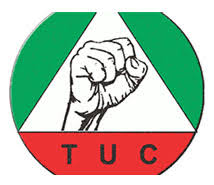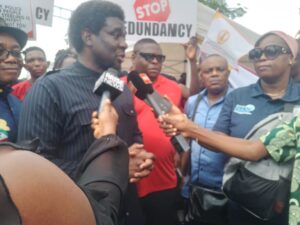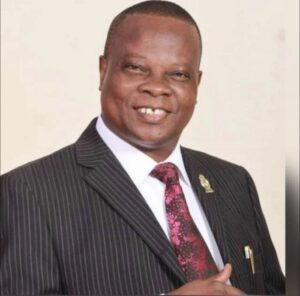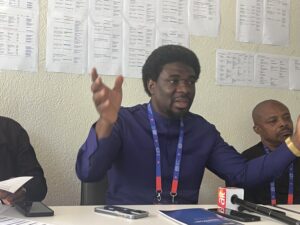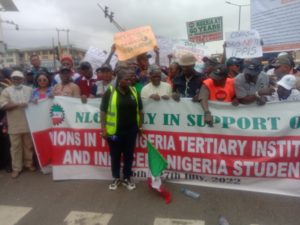NECA backs FG on fuel subsidy removal

…tells labour to reconsider strike
The Nigeria Employers Consultative Association yesterday backed the President Asiwaju Tinubu administration’s removal of subsidy on fuel, noting that it could unlock over six trillion naira in revenue annually.
This is even as it called on the Organised labour to sheath its swords and reconsider its threat of another strike.
The Director General of NECA, Adewale-Smatt Oyerinde in a statement on Monday said subsidy over the years has neither served the interest of the average Nigerian nor has it promoted Enterprise sustainability, growth, and competitiveness in the country.
He said, “NECA commends the policy thrust of the new Administration as enunciated by the President and Commander-in-Chief of the Armed Forces, His Excellency, Senator Bola Ahmed Tinubu, GCFR, during his inaugural address.
“Some of the key issues raised that were germane to the survival of organized businesses and the economy at large include the plan to unify the exchange rates; review of multiplicity of taxes; strive towards a higher GDP growth rate; improving accessibility and affordability of electricity; investment in infrastructure; establishment of agricultural hubs, deepening engagement with Organized Private Sector and removal of fuel subsidy.”
Oyerinde emphasised that the subsidy removal could unlock over six trillion naira in revenue annually, which can be channeled into infrastructure development, etc.
He added that reports have shown that less than 3% of Nigerians (the super-rich), benefit from the subsidy regime, but charged the government that efforts to provide immediate short-term palliatives should be fast-tracked in view of its urgency.
The NECA Director General however reasoned that of greater interest to Organized Businesses is the implementation framework to drive the policies and the level of engagement that will be initiated with the Private Sector by the new administration.
He explained that while the call for palliatives and other short-term interventions are valid and necessary, experiences over the years have shown that short-term solutions such as the provision of mass transit and cash transfers, as proposed with the US$800 million loan among others, are shallow and not sustainable.
On the way out, the NECA boss opined that government should urgently complete the rehabilitation of existing refineries to boost local production, while, in the medium-term, it should commence a transparent privatization of the moribund national refineries and encourage the entrance of new investors to encourage competition.
According to him, government should also step up widespread public awareness campaigns to communicate not only the reason for the subsidy removal but also its potential impact and measures to mitigate the short-term negative effects, stressing that citizen’s engagement is paramount.
“While pay rise across-board and other palliatives seem an immediate response and a low-hanging fruit, a more fundamental and long-term approach should be to create deliberate economic paths toward improving the general standard of living of Nigerians,” he said.
He however noted that one of the sure paths to achieving the above, is to stimulate domestic economic activities by facilitating an enabling environment for organized businesses to thrive and create decent and rewarding employment through the immediate reversal or suspension of the recently approved 2023 Fiscal Policy Measures and Tariff adjustment.
Oyerinde equally charged the federal government to unify the exchange rate to curtail arbitrage, round-tripping, and speculative activities in the FOREX market, thereby stabilizing the economy and promoting transparency and accountability.
Pleading with the Organized Labour to sheath its swords and reconsider its proposed strike, the NECA DG said the economy is already in tatters with businesses (both at the formal and informal sectors) facing multidimensional challenges.
He stated further, “Further disruption of the ongoing recovery trajectory will not likely hurt Government but do more colossal damage to businesses, workers and Nigerians in general. The imperative for Social Dialogue cannot be over-emphasized as a veritable and potent means of resolving the knotty issue of fuel subsidy removal.”

